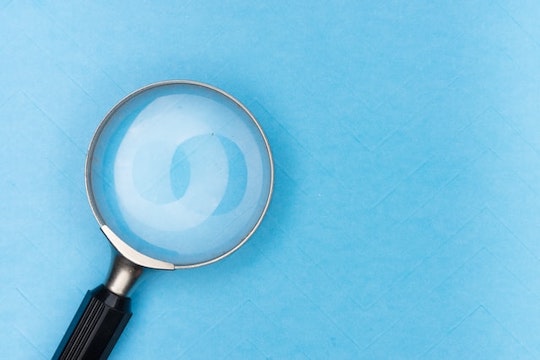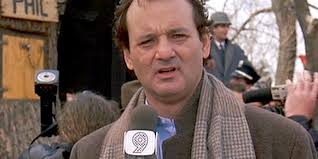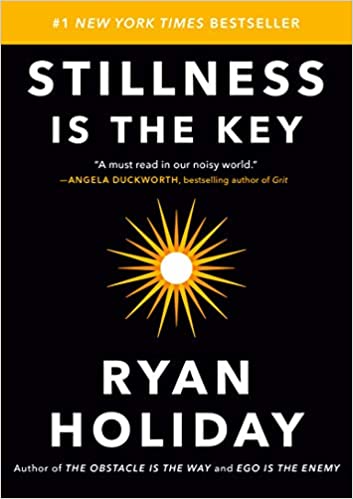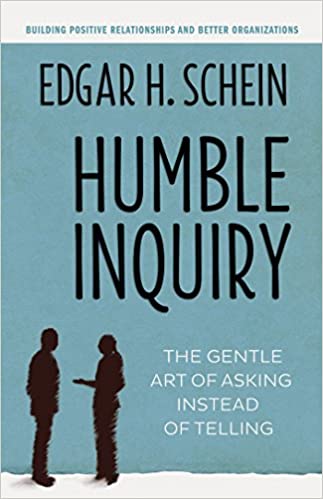Awaken to each new day. Be mindful that it is a miracle.
—Calm App Reflection
Many of us live our lives on auto pilot. We start our days by pushing the button of our programing, proceeding from task to task with little thought except to move to the next and the next.
Perhaps this is why we so enjoy the novelty of travel, in which each day brings new sights, sounds, and tastes for us to experience. Instead of having to leave our home and communities to see what’s new and different, maybe we can tune our senses to their miracle settings. Maybe we can delight in the wonders around us we often miss out of habit.
EXERCISE:
How can you be far more mindful of the miracles around you as you navigate your days? How would turning on and tuning in to your super senses help you embrace those special moments of living, without ever leaving home?










